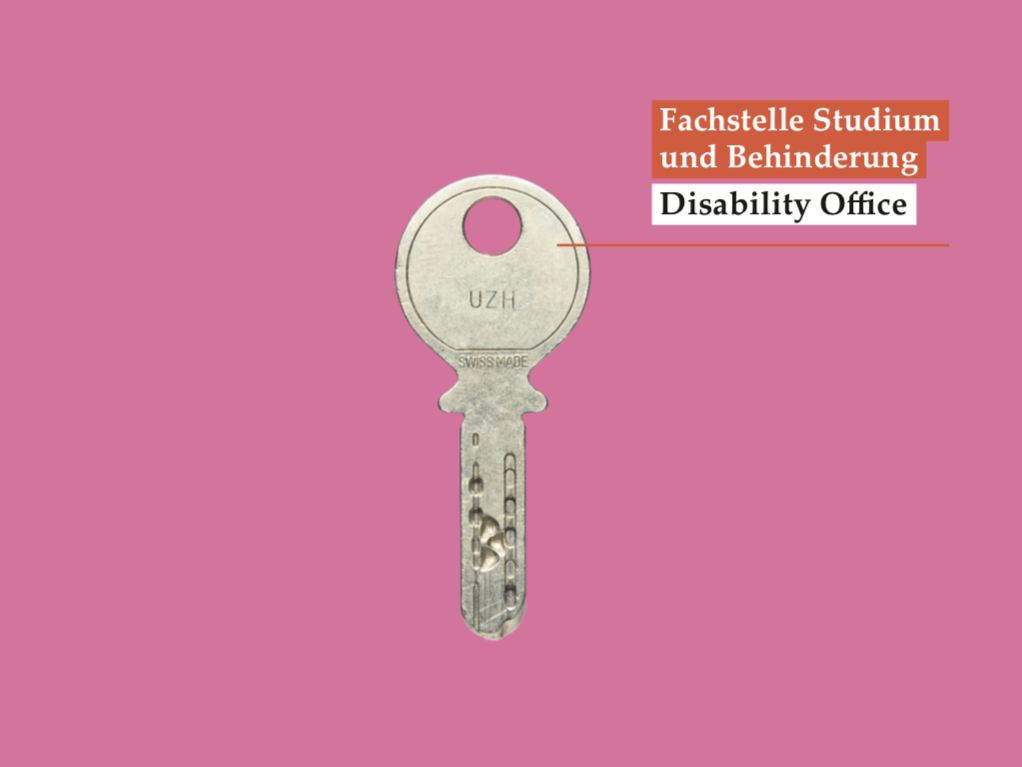Ethics and Integrity

As the largest full university in Switzerland, UZH creates optimal conditions for its researchers and supports them in carrying out their scientific activities. Researchers are free to conduct their research and teaching, but are also obliged to comply with applicable laws and regulations. Scientific integrity and adherence to ethical principles are essential for the advancement of research and for the credibility and acceptance of science and its institutions in society.
Guidelines and procedures for research projects
Research ethics focuses on the principle of the prevention of harm within a legal and regulatory framework. It relates to the care and use of animals, the work with human subjects and cells. Researchers at UZH are obliged to comply with national, cantonal and university legal principles and guidelines as well as the requirements of research funding institutions.
Research involving Animals and Animal Welfare
Research Integrity at UZH
The UZH and its members are committed to the principles of good scientific practice. The principles of integrity relate to good supervision and support, correct citation, integrity of authorship, proper data management and disclosure of conflicts of interest.
Guidelines on the Authorship of Academic Publications
New guidelines of the University of Zurich on authorship of academic publications, enacted and published by decision of the University Executive Board on 8 April 2025, apply to all members of the University of Zurich engaged in scientific research in accordance with §§ 8 ff. of the University Act, as well as to individuals pursuing habilitation without employment at UZH. These guidelines set out criteria for assessing authorship entitlement in individual cases and for determining the order in which authors are named in academic publications.
Guidelines on the Authorship of Academic Publications

